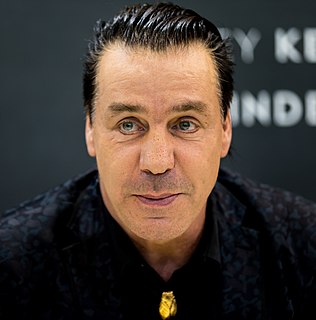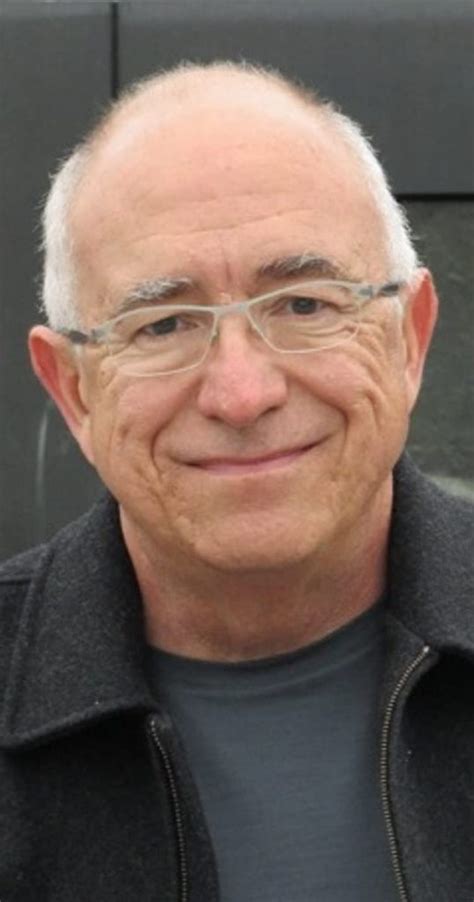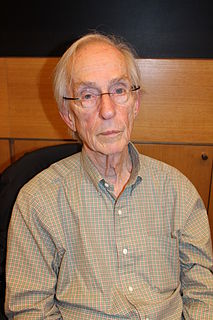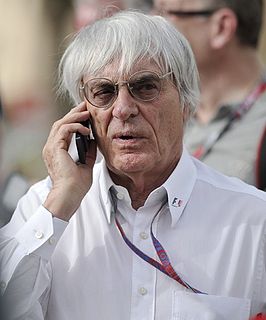A Quote by Shannon Walker
The language is the hardest thing. My technical Russian is much better than my conversational Russian, and it has to be good enough to explain problems to them in their technical control center.
Related Quotes
Photographers learn to interpret photographs in that technical way because they want to understand and use that 'language' themselves just as musicians learn a more technical musical language than the layman needs. Social scientists who want to work with visual materials will have to learn to approach them in this more studious and time-consuming way.
I am proud of Russia and I am sure that the vast majority of Russian citizens have great love and respect for their Motherland. We have much to be proud of: Russian culture and Russian history. We have every reason to believe in the future of our country. But we have no obsession that Russia must be a super power in the international arena. The only thing we do is protecting our vital interests.

































